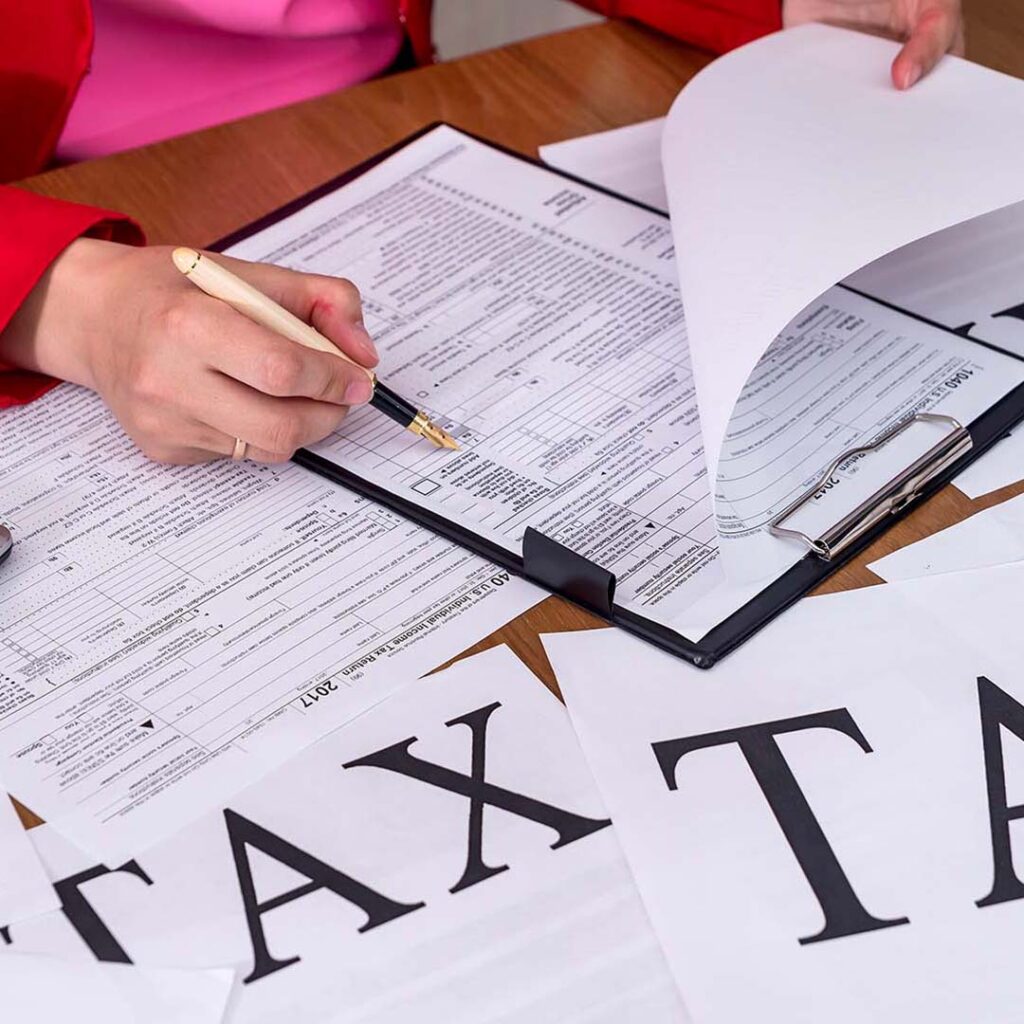Understanding the individuals who require an Individual Taxpayer Identification Number
An In-depth Look at the Individuals Eligible for an ITIN
- May 6, 2023
- Anonymous
- IRS Tax
Introduction
Are you familiar with the Individual Taxpayer Identification Number (ITIN)? This unique identification number, issued by the Internal Revenue Service (IRS), plays a crucial role in the U.S. tax system. While most taxpayers use their Social Security Number (SSN) for tax purposes, certain individuals who don't qualify for an SSN may require an ITIN. In this article, we will delve into the details of who these individuals are, why they need an ITIN, and how they can obtain one.
Understanding the ITIN
Before we explore the specific individuals who require an ITIN, let's gain a better understanding of what an ITIN actually is. An ITIN is a nine-digit number issued by the IRS to individuals who are required to have a taxpayer identification number for tax purposes but are not eligible for an SSN. This number allows individuals to comply with their tax obligations and ensure accurate reporting of income.
Who Requires an ITIN?
Now, let's discuss the individuals who may require an ITIN. It is essential to note that these individuals fall into specific categories, each with its own unique circumstances. Here are the main groups of individuals who require an ITIN:
1. Nonresident Aliens
Nonresident aliens who are engaged in U.S. trade or business and are required to file a federal tax return fall into this category. They need an ITIN to fulfill their tax obligations effectively. Nonresident aliens include foreign students, scholars, and cultural exchange visitors.
2. Spouses and Dependents
Individuals who are spouses or dependents of U.S. citizens or resident aliens may need an ITIN. This allows them to be claimed as dependents on a tax return or fulfill their own tax obligations, even if they don't qualify for an SSN.
3. Resident Aliens
Resident aliens who are not eligible for an SSN but need to file a federal tax return should obtain an ITIN. This category includes individuals who are married to a nonresident alien and choose to be treated as residents for tax purposes.
4. Nonresident Alien Students and Scholars
Foreign students, researchers, and professors who receive income subject to taxation in the U.S. but are not eligible for an SSN need to apply for an ITIN.
5. Dependents of Military Personnel
Certain dependents of U.S. military personnel, who are not eligible for an SSN, require an ITIN to comply with their tax obligations.
6. Nonresident Alien Artists and Athletes
Nonresident aliens who are artists or athletes earning income in the U.S. need an ITIN to fulfill their tax responsibilities.
How to Obtain an ITIN
Now that we've identified the individuals who require an ITIN, let's explore the process of obtaining one. To apply for an ITIN, eligible individuals must follow these steps:
-
- Complete Form W-7: This is the official application form for an ITIN. It requires applicants to provide their personal information, reason for needing an ITIN, and supporting documentation.
-
- Gather Required Documents: Along with Form W-7, applicants must submit certain documents to verify their identity and foreign status. These documents may include passports, visas, and birth certificates.
-
- Submit the Application: Once the form and supporting documents are completed, they should be submitted to the IRS. Applicants have the option to mail their application or visit an IRS Taxpayer Assistance Center.
-
- Wait for Processing:
After submitting the application, it takes several weeks for the IRS to process the request and issue an ITIN. Applicants can check the status of their application using the "Where's My ITIN?" tool on the IRS website.
- Wait for Processing:
- Renewing an ITIN:ITINs issued prior to 2013 with middle digits of 70, 71, 72, 78, 79, or 80 are required to renew their ITINs. The renewal process ensures that individuals have a valid ITIN when needed for filing tax returns.
It's important to note that the IRS requires original documents or certified copies of the documents to be submitted along with the ITIN application. These documents will be returned within 60 days after the IRS verifies them.
Conclusion
Obtaining an Individual Taxpayer Identification Number (ITIN) is a crucial step for individuals who are ineligible for a Social Security Number but have tax obligations in the United States. By following the necessary steps and providing the required documentation, eligible individuals can successfully obtain an ITIN and ensure compliance with tax laws.
If you find yourself in a situation where an ITIN is required, it's recommended to consult the IRS website or seek professional assistance to ensure that you meet all the requirements and complete the application accurately. The ITIN application process may seem complex, but with the right guidance, you can navigate it smoothly and obtain the ITIN needed for your tax obligations.
Remember, the ITIN is solely for tax purposes and should not be used for identification or employment verification outside the realm of tax compliance.
Frequently Asked Questions (FAQs)
Q: Can an ITIN be used for purposes other than filing taxes?
No, an ITIN is specifically issued for tax-related purposes. It should not be used for any other identification or employment purposes.
Q: Do ITINs expire?
Yes, ITINs do expire. Starting from 2013, ITINs that haven't been used on a federal tax return at least once in the past three consecutive years will expire. To prevent expiration, it's important to ensure that the ITIN is used on a tax return within the designated timeframe.
Q: Can an ITIN be used by nonresidents to claim Social Security benefits?
No, an ITIN cannot be used to claim Social Security benefits. Only individuals with valid Social Security Numbers are eligible for these benefits.
Q: Can an ITIN holder apply for a Social Security Number later?
Yes, in certain cases, an individual who previously had an ITIN may become eligible for a Social Security Number. For example, if a nonresident alien becomes a U.S. citizen or meets the requirements for a valid work permit, they can apply for an SSN and stop using the ITIN.
Q: What should I do if my ITIN is lost or stolen?
If your ITIN card is lost or stolen, you should notify the IRS by calling their toll-free number. They will guide you through the process of obtaining a replacement card and safeguarding your personal information.
Q: Can an ITIN holder claim dependents on their tax return?
Yes, an ITIN holder can claim dependents on their tax return, provided they meet the qualifying criteria. Dependents must have a valid ITIN or SSN, and the ITIN holder must provide the necessary documentation to support the claim.
Important Readings
Understanding What Documents to Submit with Form W-7
More Information
Trust the process and be with Smart Family Financial Solutions
Your Trusted Financial Advisor - Expert guidance and personalized solutions for your financial goals. Let SFFC help you secure your financial future.













